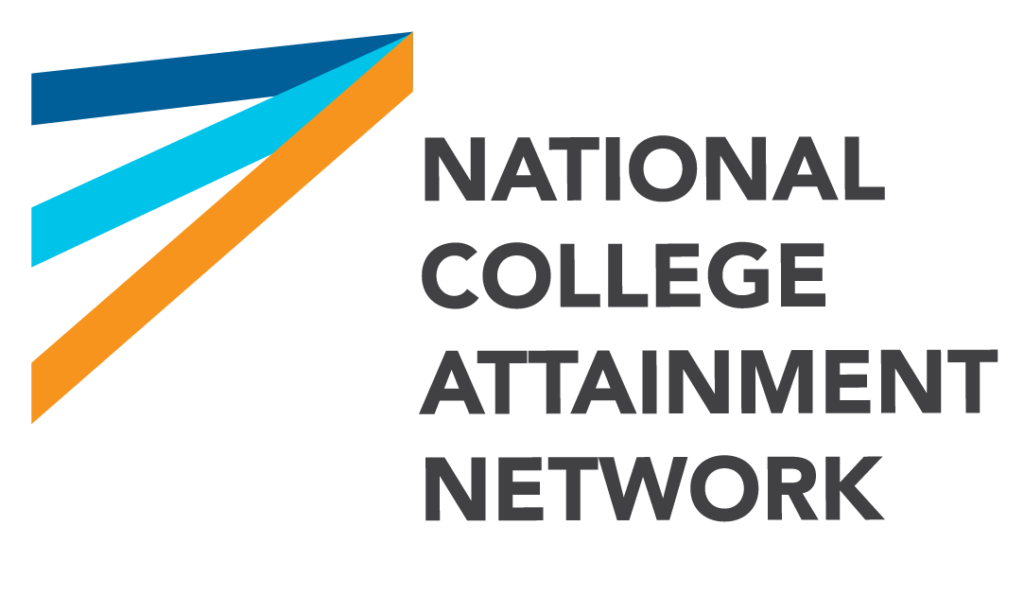- Carrie Warick, Director of Policy & Advocacy, National College Attainment Network
- Daniel Barkowitz, Assistant Vice President of Financial Aid/Veteran’s Affairs, Valencia College
FCAN host: Kathy McDonald, Assistant Director for Network Partnerships
Along with providing funds for COVID-19 relief and a second stimulus package, the recently-passed 2021 omnibus spending bill also includes measures to simplify the Free Application for Federal Student Aid (FAFSA) and expand Pell Grant eligibility.
Part III of FCAN’s “Paying for College” webinar series on February 24 highlighted some of the ways the bill simplifies the FAFSA process for students while giving them a better picture of the need-based aid available to them earlier in the application process. The webinar also outlined how students impacted by COVID-19 can work with their financial aid administrators to adjust their financial aid package through professional judgment.
Simplifying the FAFSA
Carrie Warick, Director of Policy & Advocacy for the National College Attainment Network, offered an overview of the ways the FAFSA form has been simplified:
- Number of questions reduced from 108 to 36: Although this represents a significant decrease in the number of questions, Warick noted the exact number of questions students answer will vary based on the family’s financial strength and the skip-logic of the form. Questions that create barriers — such as the prohibition on students with drug convictions from receiving aid — have been eliminated.
- Expected Family Contribution (EFC) becomes Student Aid Index (SAI): The change was made to better communicate to students the role of the FAFSA calculation on their aid eligibility. Those eligible for maximum Pell Grants will automatically receive an SAI of $0 (or less by calculation).
The effective date for these changes is July 1, 2023, which means Federal Student Aid must have them implemented in time for the FAFSA cycle opening on October 1, 2022.
Impact on the Pell Grant Program
The Pell Grant is the largest federal grant program offered to undergraduates, and it is designed to assist students from low-income households.
Warick said the new, maximum and minimum Pell eligibility requirements allow students and their families to have greater early awareness about their financial aid options.
The changes also increase the number of Pell-eligible students.
“About 500,000 students should become Pell-eligible, and about 1.7 million current Pell-eligible students will move from a partial Pell to a maximum Pell Grant,” Warick said. The maximum Pell Grant award for the 2021-22 award year is $6,495.
How financial aid officers can apply Professional Judgment in special circumstances
While the updates to the FAFSA and Pell eligibility are welcome news, they won’t go into effect right away. To help students adversely affected by COVID-19, the webinar also included an overview of how financial aid administrators can use Professional Judgment in special circumstances to adjust the aid package for students.
Per the Higher Education Act, Professional Judgment allows financial aid administrators “to make adjustments on a case-by-case basis to the cost of attendance…to allow for treatment of an individual eligible applicant with special circumstances.”
Daniel Barkowitz, Assistant Vice President of Financial Aid/Veteran’s Affairs at Valencia College, noted there are no national standards for Professional Judgment.
“That means the same question or situation could get two different answers if asked of two different schools, or even different financial aid officers at the same school,” said Barkowitz, who has more than 30 years of experience working in higher education.
Although financial aid officers must consider each decision independently and be able to demonstrate sufficient documentation for their decisions, Barkowitz said Professional Judgment grants administrators a wide latitude in working with students.
“Professional judgment is our ability to sculpt and shape individual circumstances for every student who doesn’t fit the mold,” Barkowitz said. For students whose tax returns do not reflect their current circumstance (e.g. loss of a job) they should contact the financial aid officer at the school they plan to attend to discuss how their aid package may change. They should be prepared to show documentation that confirms this change in circumstance.
FCAN thanks the following for their generous support of this webinar series:
Cornerstone Funder
Supporter
Show Notes
To learn more about the recent changes to financial aid and how financial aid administrators utilize professional judgment for students in special circumstances — or to view the webinar and download the presentation — take advantage of these resources:
Be sure to visit our Past Webinars page for access to recordings and downloadable material from FCAN’s previous presentations.




